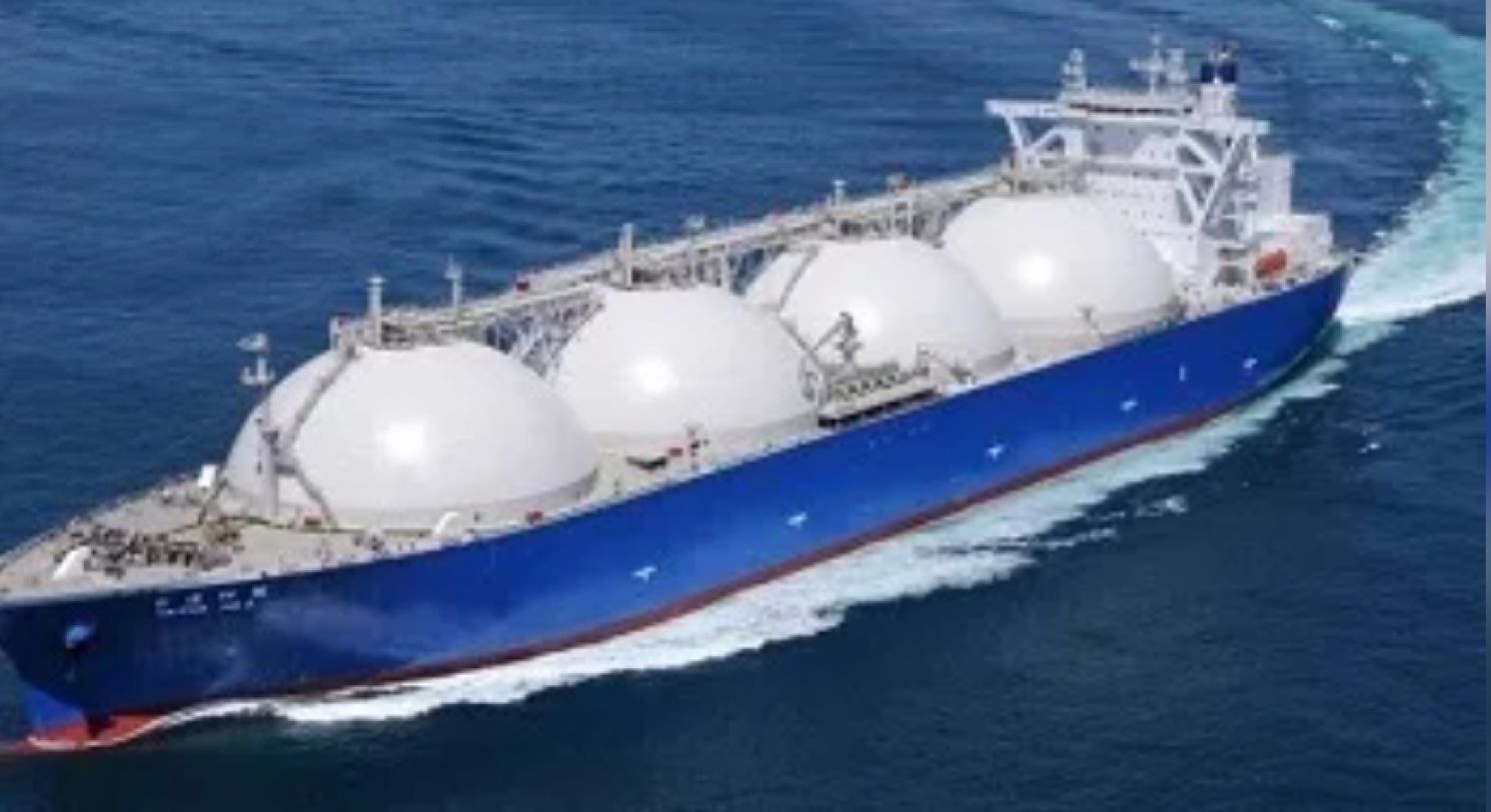
PLA Military Exercises Directly Exploit Taiwan's Vulnerabilities
United Daily News Commentary, April 2, 2025
The English idiom "The Elephant in the Room" refers to an obvious problem or truth that everyone deliberately avoids discussing. It symbolizes collective silence, where people, even fully aware of an issue, choose to ignore it because it is too sensitive or troublesome to address.
In Taiwan today, more and more issues have become like the "elephant in the room"—well-known but rarely spoken of. One pressing question that weighs heavily on many minds yet is seldom openly debated is: If mainland China encircles Taiwan, how long can Taiwan's energy supply last? Rational discussions have become even more difficult, especially in the current tense and oppressive atmosphere.
During the military exercises encircling Taiwan in early June last year, Kaohsiung's Yongan LNG terminal experienced three days without any liquefied natural gas (LNG) ship docking. As the People's Liberation Army (PLA) Eastern Theater Command conducts exercises around Taiwan starting April 1, some citizens noticed LNG ships being blocked and forced to turn away during the early hours, reigniting concerns.
In response to whether the exercises disrupted LNG shipments, Taiwan's state-run CPC Corporation stated today that a specific LNG vessel was scheduled to dock on April 2. However, it arrived early on April 1 and had to circle offshore, awaiting entry according to standard operating procedures. CPC stressed that the ship regularly reported its location and estimated arrival time to Yongan Terminal per contract requirements, framing the situation as normal early-arrival operations.
The Ministry of Economic Affairs further asserted that recent LNG deliveries at Kaohsiung's Yongan Port and Taichung Port have not been affected by the military drills, assuring the public that the domestic natural gas supply remains stable.
How many people actually believe the official statements remains unknown. Nevertheless, the public cannot help but ask the hypothetical question: If the mainland imposes a blockade, how long could a nuclear-free Taiwan, relying only on unstable wind and solar energy, actually sustain itself?
Surrounded by the ocean, Taiwan's energy self-sufficiency is extremely limited. According to the Bureau of Energy, as of 2023, Taiwan's energy self-sufficiency rate was only 3.3 percent, with the vast majority of energy relying on imports. As of 2024, thermal power still accounts for around 80 percent of total electricity generation, roughly split between coal and gas, with a trend of replacing coal with gas. However, natural gas reserves can only sustain the country for about eight to 11 days, depending on storage capacity.
In contrast, once inserted into a reactor, nuclear fuel rods can provide stable power for up to 18 months. Nevertheless, in pursuit of the "nuclear-free homeland" policy, Taiwan's government forcibly abandoned nuclear power, promising instead to rely on renewable energy. Yet, the goal of renewables reaching 20 percent of energy supply this year will likely only achieve about 15.2 percent, falling short. Furthermore, renewable energy sources are inherently unstable—when sunlight is weak or winds are insufficient, solar and wind power generation drops sharply and cannot meet the overall energy demand.
Taiwan's natural gas inventory is seasonal—about seven days' worth in summer and, at most, 14 days in regular times. If the mainland's blockade lasts longer than the available reserves, there will be a risk of energy shortages. A blockade lasting over a month would lead to a severe crisis. No matter how many LNG terminals Taiwan builds, they would be useless if ships cannot deliver gas. With such a low energy self-sufficiency rate, a military encirclement would quickly deplete supplies, severely impacting both basic living needs and military operations.
While the ruling authorities frequently talk about strengthening national security and resisting China's aggression, it is clear that their plans are built on a highly fragile energy foundation. The answer to Taiwan's vulnerabilities is already self-evident.
From: https://udn.com/news/story/11091/8649285
〈Back to Taiwan Weekly Newsletter〉